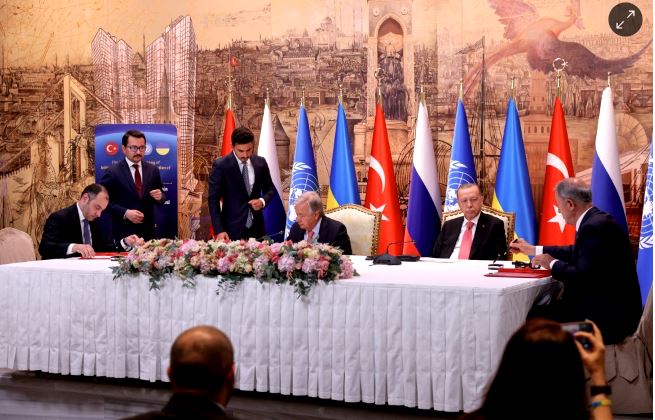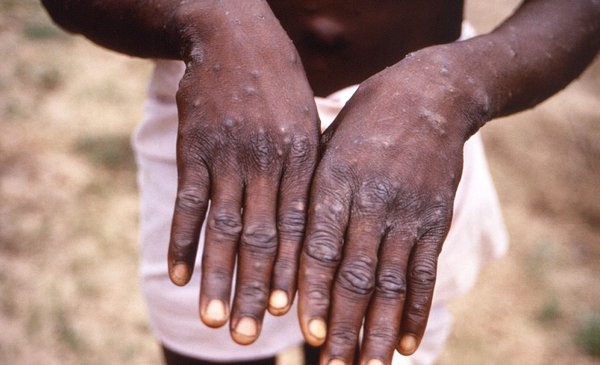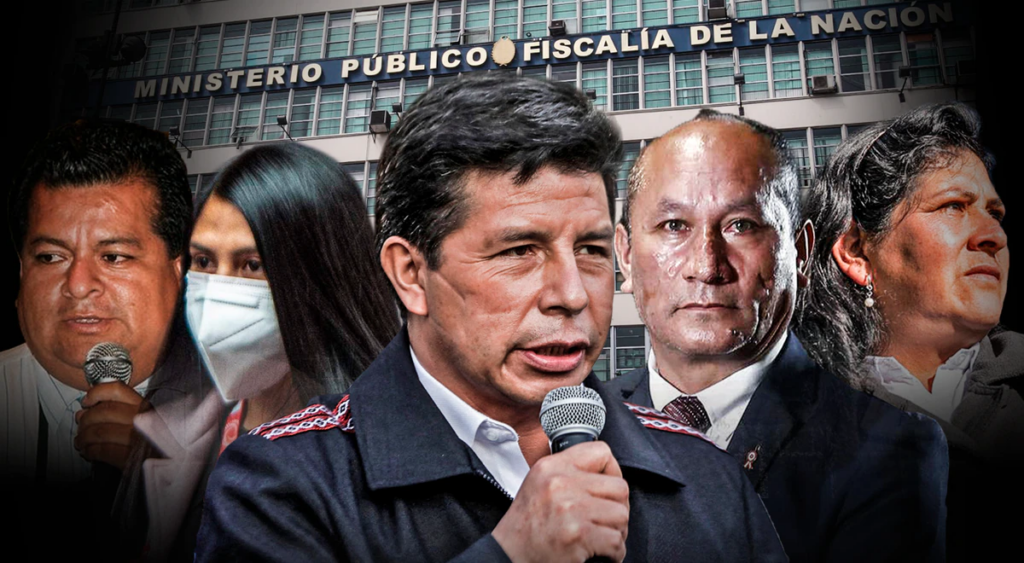Ankara, (EFE).– Ukraine and Russia signed this Friday in Istanbul an agreement – supervised by Turkey and the United Nations – to export Ukrainian cereals through a maritime corridor, which is expected to alleviate the world food crisis caused by the Russian naval blockade of Ukrainian ports. of the Black Sea.
The agreement will allow cargo ships to export from three Ukrainian ports – Odessa, Pivdennyi and Chornomorsk – around 22 million tons of wheat, corn and other grains stored in silos.
Russian Defense Minister Sergei Shoigu and Ukraine’s Infrastructure Minister Oleksandr Kubrakov signed the Istanbul agreement, though they never sat at the table at the same time.
The ceremony was presided over by the UN Secretary General, Antonio Guterres, and the President of Turkey, Recep Tayyip Erdogan.
This is the first major agreement between the two countries in conflict since the Russian invasion of Ukraine on February 24, and with it it is hoped to alleviate a crisis forged by the naval blockade and the sanctions against Russia for the war, which have also triggered the price of fertilizers and energy.
“It will bring relief to developing countries on the brink of bankruptcy and the most vulnerable people on the brink of famine. And it will help stabilize world food prices, which were already at record levels even before the war,” Guterres said of the pact’s importance.
With the agreement, a Joint Coordination Center has been created that will verify the application of what has been signed, which foresees inspections by the UN and Turkey of the ships that enter and leave the Black Sea, in response to Russian fears that the ships can carry weapons for Ukraine.
It will still take “a few weeks” to get the deal up and running, a high-level UN source explained about its content.
“Our goal is exports of five million tons per week,” explained the same source.
If that level of exports is met, the Ukrainian silos will be emptied in about a month once the agreement begins to be applied.
“We have to go fast, of course, we have to empty the silos, as there will be a new harvest in Ukraine soon,” added that source.
Russia and Ukraine are world leaders in grain exports, both countries selling one-third of the world’s supply of wheat, for example.
Ukraine is also a major exporter of maize, barley, and sunflower and rapeseed oil, while Russia and Belarus, which has backed Moscow in the war and is also subject to sanctions, account for more than 40% of world potash exports. , an important fertilizer.
Guterres assured that another aspect of the agreement is “to facilitate unhindered access to food and fertilizers originating in the Russian Federation to world markets.”
Although Russian food and fertilizers are not subject to sanctions, banks and intermediaries prefer not to deal with Russian companies to avoid problems, which has caused supply to plummet and prices to rise.
The increase in fertilizer prices – 185% in the case of potash to more than $1,100 – has had very serious effects on the agricultural sector in many developing countries. EFE















